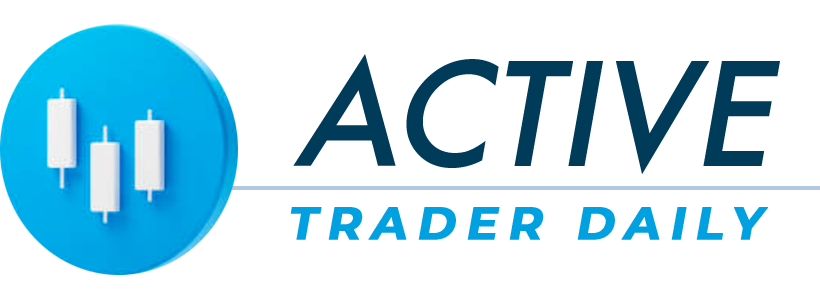By Libby George and Marc Jones
LONDON (Reuters) – The Libyan Investment Authority is expecting U.N. sign-off by the end of the year to actively manage its $70 billion in assets for the first time in more than a decade, its chief executive told Reuters.
The LIA, set up under Muammar Gaddafi in 2006 to manage the country’s oil wealth, has been under a United Nations asset freeze since the 2011 revolution that toppled Gaddafi.
This means that in order for Africa’s largest sovereign wealth fund to make new investments, or even move cash from negative interest rate accounts, where they have been losing money, the LIA needs UN Security Council sign-off.
Chief Executive Ali Mahmoud Mohamed said the authority is confident the council will provide the landmark approval by November or December for an investment plan it submitted in March.
“We believe our investment plan with be accepted … we don’t think they will refuse it,” Mohamed told Reuters via a translator.
The first of LIA’s four-part plan is the “very simple” step of reinvesting money that has built up during the freeze, such as payouts from bond holdings.
The LIA has previously tried to actively manage its funds. But in the turmoil following Gaddafi’s ouster, it at one point had dueling chairmen, backed by different factions within the country. A British court ruled in 2020 in Mohamed’s favor. In 2020, the LIA said a Deloitte audit showed the freeze had cost it some $4.1 billion in potential equity returns.
He said transparency has since improved; the LIA released audited financial statements in 2021, covering 2019. It aims to publish the 2020 numbers in the coming months and provide them annually from next year.
And while the LIA was 98th out of 100 sovereign funds in a 2020 ranking of sustainability and governance by Global SWF, an industry data specialist, it stood at 51st this year.
Of its estimated $70 billion in assets, the fund has $29 billion in global real estate, $23 billion in deposits invested in Europe and Bahrain and $8 billion in equities spread over more than 300 companies around the world. It also has roughly $2 billion worth of matured bonds.
The UN Security Council Committee was not immediately available to comment. Last year, after meeting with the LIA, its members “noted the progress made on the implementation of the LIA’s Transformation Strategy” and stressed “the importance of guaranteeing the frozen funds for the benefit of the Libyan people.”
Mohamed said that it is also planning to request approval this year for two further investment plan “pillars” – one that covers its share portfolio and another that relates to domestic investment plan.
The LIA is targeting domestic investments in solar power and helping increase oil exports. Libya is one of Africa’s largest oil exporters, pumping roughly 1.2 million barrels per day.
If the UN does not approve its investment proposals, Mohamed said “we will keep trying…we will keep asking and requesting.”
(Reporting By Libby George and Marc Jones; Editing by Toby Chopra)









